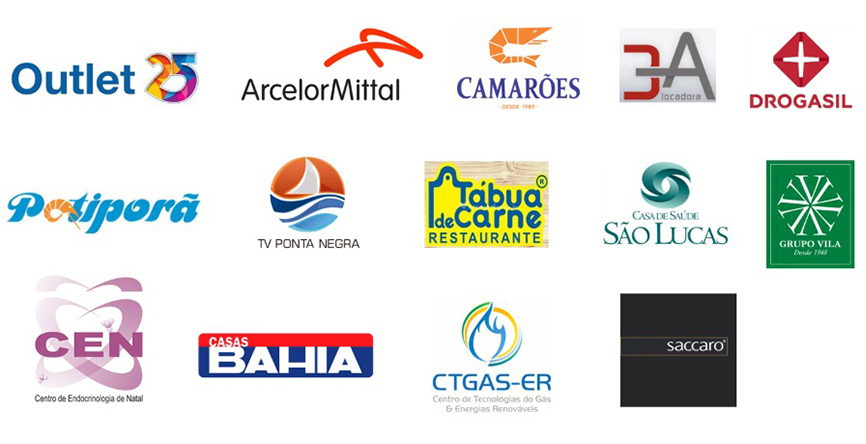In the early and middle stages of treatment, clients necessarily are so focused on maintaining abstinence that they have little or no capacity to notice or solve other kinds of problems. Top 5 Advantages of Staying in a Sober Living House In late-stage treatment, however, the focus of group interaction broadens. It attends less to the symptoms of drug and alcohol abuse and more to the psychology of relational interaction.
Reducing Relapse Risk: Building a Supportive Environment
Our recovery programs are based on decades of research to deliver treatment that really works. Engaging in subtle and sympathetic conversations and getting alcoholics to explore the pros and cons of their own behavior, for example, can help to lay the groundwork for the second stage of recovery. Clinical experience has shown that common causes of relapse in this stage are poor self-care and not going to self-help groups. In the second stage of recovery, the main task is to repair the damage caused by addiction [2].
Action Stage
Otherwise, their behavior is at risk of cementing the problem in place. The endpoint is voluntary control over use and reintegration into the roles and responsibilities of society. Shortly after substance use is stopped, people may experience withdrawal, the onset of unpleasant physical and psychological symptoms —from irritability to shakiness to nausea; delirium and seizures in severe cases.
- Stopping drug use is just one part of a long and complex recovery process.
- Recovery is a process of change through which people improve their health and wellness, live self-directed lives, and strive to reach their full potential.
- Upon discharge, a plan for rehabilitation should be in place that considers stroke symptoms, abilities, limitations and other health issues.
- Although many people are tempted to make other major life changes during this stage of recovery, such as changing jobs, experts recommend focusing energy on stopping drinking for at least the first year.
- The leader’s subtle instruction and empathy enables clients to begin to recognize and own their feelings.
Mental Relapse
Addiction recovery is a complex and nuanced process, and recognizing the diversity of individual experiences is crucial in developing effective strategies for sobriety. The concept of harm reduction, along with various modalities, offers a flexible and personalized approach to cater to the unique needs and circumstances of each individual on their journey to recovery. Science indicates that triggers such as people, places, things, moods, and drug exposure play significant roles. Recognizing addiction’s multifaceted nature is crucial, understanding physiological, psychological, and social components.
Innovative projects answer NIDA’s challenge to implement substance use prevention in primary care
It may include clinical treatment, medications, faith-based approaches, peer support, family support, self-care, and other approaches. Recovery is characterized by continual growth and improvement in one’s health and wellness and managing setbacks. https://theohiodigest.com/top-5-advantages-of-staying-in-a-sober-living-house/ Because setbacks are a natural part of life, resilience becomes a key component of recovery. Challenges at this stage of treatment include cravings, social pressure to drink, and high-risk situations that can trigger alcohol consumption.
Contemplation
All possible sources of positive forces in a client’s life should be marshaled to help the client manage life’s challenges instead of turning to substances or other addictive behaviors. In the middle, or action, stage of treatment, clients need the group’s assistance in recognizing that their substance abuse causes many of their problems and blocks them from getting things they want. As clients reluctantly sever their ties with substances, they need help managing their loss and finding healthy substitutes. Often, they need guidance in understanding and managing their emotional lives. Addicts must lie about getting their drug, hiding the drug, denying the consequences, and planning their next relapse.
Probably the most important thing to understand about post-acute withdrawal is its prolonged duration, which can last up to 2 years [1,20]. It is not unusual to have no symptoms for 1 to 2 weeks, only to get hit again [1]. This is when people are at risk of relapse, when they are unprepared for the protracted nature of post-acute withdrawal. Clinical experience has shown that when clients struggle with post-acute withdrawal, they tend to catastrophize their chances of recovery.
- At this point, people are committed to change and are preparing to take action within the next several days or weeks.
- Relapse rates for drug use are similar to rates for other chronic medical illnesses.
- In addition to managing a successful family medical practice, Dr. Hoffman is board certified in addiction medicine by the American Osteopathic Academy of Addiction Medicine (AOAAM).
- But with the right non-judgmental care and support, the maintenance stage can help lessen the blow of any potential relapses.
- They feel they are doing something wrong and that they have let themselves and their families down.
- The maintenance stage of the transtheoretical model of change is concerned with continuing to achieve the progress that began in the action stage.
cared to see clients doing well…
Out of touch with unmedicated feelings, clients already are susceptible to wild emotional fluctuations and are prone to unpredictable responses. Interpersonal relationships are disturbed, and the effects of substances leave the client prone to use “primitive defensive operations such as denial, splitting, projective identification, and grandiosity” (Straussner 1997, p. 68). Second, adjustments in treatment are needed because progress through the stages of recovery is not timebound.

